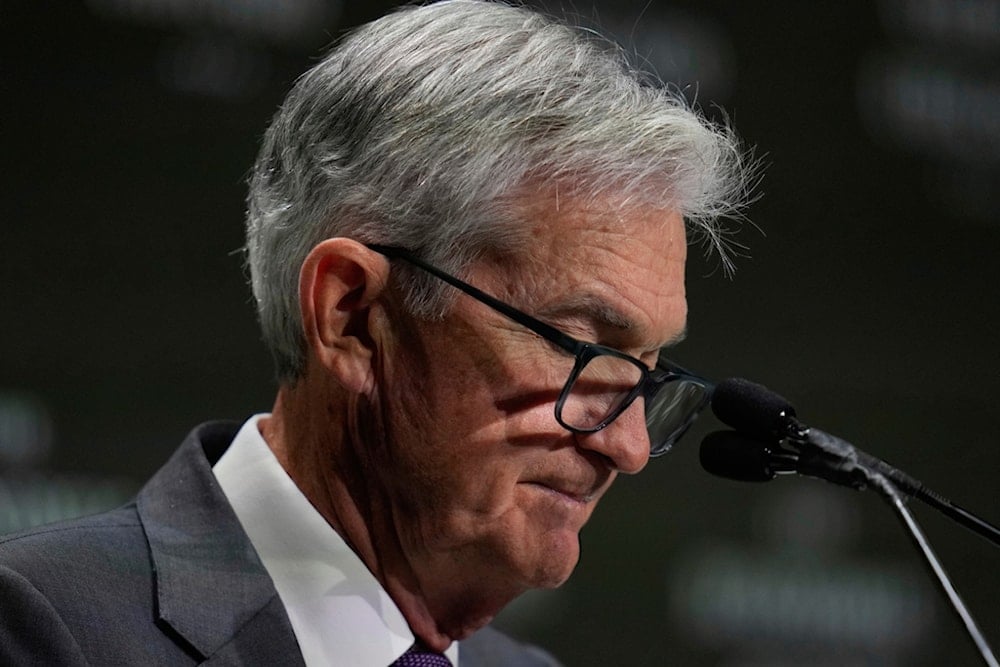Trump tariffs may force Fed into policy crossroads: Powell
Federal Reserve Chair Jerome Powell warned that Donald Trump's tariffs risk fueling inflation and slowing growth, potentially forcing the Fed to choose between controlling prices and preserving jobs.
-

Chair of the Board of Governors of the Federal Reserve System Jerome Powell speaks during an event hosted by the Economic Club of Chicago, Wednesday, April 16, 2025, in Chicago, US (AP)
Federal Reserve Chair Jerome Powell issued a strong warning Wednesday about the economic consequences of President Donald Trump's tariff measures, suggesting that they could intensify inflation and hinder the central bank's ability to maintain economic stability.
Speaking at the Economic Club of Chicago, Powell stressed the uncertainty now facing monetary policymakers amid an increasingly protectionist environment.
"Tariffs are highly likely to generate at least a temporary rise in inflation," Powell stated, adding that in certain scenarios, the inflationary effects "could also be more persistent."
He stressed the importance of managing inflation expectations, cautioning that "avoiding that outcome will depend on the size of the effects, on how long it takes for them to pass through fully to prices, and, ultimately, on keeping longer-term inflation expectations well anchored."
The Federal Reserve's dual mandate—ensuring both price stability and maximum sustainable employment—could come under strain if trade policies significantly disrupt the economic balance. Powell acknowledged the risk of a policy dilemma.
"Policymakers could find themselves in the challenging scenario in which our dual-mandate goals are in tension," he said.
Read more: Fed warns tariffs on China may raise inflation, slow US growth
This warning comes amid heightened market anxiety. US markets reacted swiftly to Powell's comments, with the Nasdaq Composite Index falling 3.4% by early afternoon, reflecting concern about the economic outlook and potential shifts in interest rate policy.
Powell's remarks also reflected a broader caution within the Fed. He said the central bank must "wait for greater clarity" before making any decisive adjustments to interest rates.
Analysts note that persistent tariff-driven inflation could limit the Fed's ability to cut rates during a downturn without risking a surge in prices.
Trade Strain
Trump's tariff regime—rolled out in waves and often accompanied by public threats or reversals—has drawn criticism from economists and international partners. Most forecasts suggest that such measures not only raise costs for US businesses and consumers but also act as a drag on overall economic growth.
Nonetheless, the Trump administration has consistently defended tariffs as part of a larger economic strategy, which includes tax cuts and deregulation. This approach, it argues, is intended to curb foreign dependency, encourage domestic manufacturing, and ultimately temper inflation over time.
But Powell expressed doubts about that trajectory. "Tariffs would be likely to move us away from our goals," he noted, echoing the Fed's concern that protectionist policies could do more harm than good.
Read more: US no longer seen as safe haven by global investors: Axios

 3 Min Read
3 Min Read










